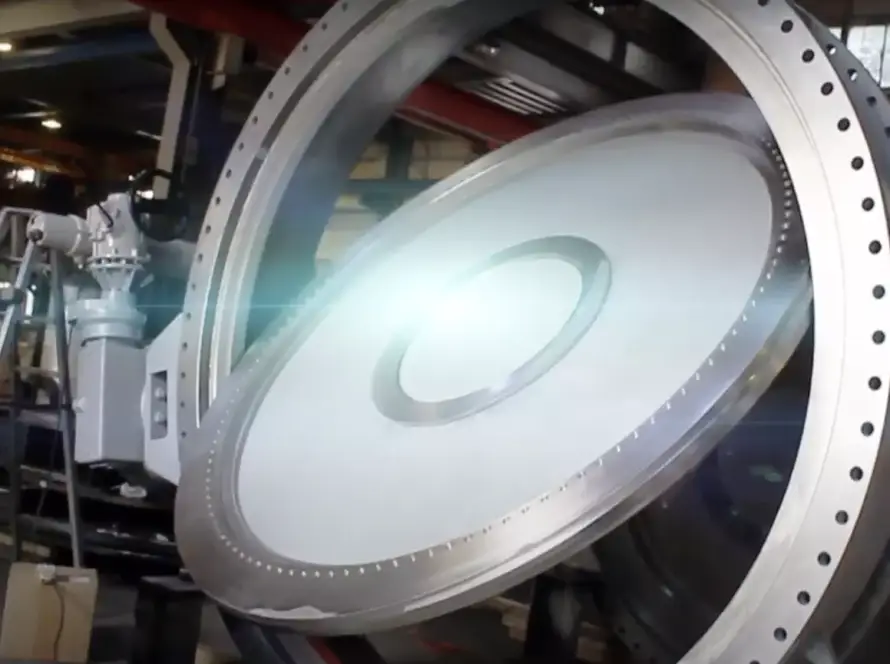Introduction: Pioneering a Greener Future with Hydrogen Valves
In the quest for sustainable energy solutions, hydrogen has emerged as a frontrunner. At the core of this revolution are hydrogen valves, a vital component in hydrogen infrastructure. They play a crucial role in the storage, distribution, and utilization of hydrogen, making their design and manufacturing critical.
Understanding Hydrogen Valves
Hydrogen valves are specialized devices designed to handle the unique properties of hydrogen. They are constructed to withstand high pressures and the potential corrosiveness of hydrogen, ensuring safe and efficient operation in hydrogen systems.
The Significance of Hydrogen in Today’s World
Hydrogen stands out as a clean energy carrier with the potential to significantly reduce carbon emissions. It is versatile, can be produced from various sources, and is key in sectors like transportation, industry, and power generation.
Challenges in Hydrogen Valve Manufacturing
The manufacturing of hydrogen valves presents unique challenges. They must be leak-proof, resistant to hydrogen embrittlement, and capable of operating under high-pressure conditions. These challenges necessitate innovation in materials and engineering.
Material Innovation for Durability and Safety
Choosing the right materials is crucial in hydrogen valve manufacturing. The materials must not only be strong and durable but also compatible with hydrogen to prevent degradation over time. Hydrogen, being a highly volatile gas, presents substantial risks to the integrity of materials used in valves. Hydrogen embrittlement, where hydrogen atoms infiltrate the metal lattice causing brittleness and eventual cracking, is a significant safety hazard and environmental risk, particularly in critical components like valves. To address these challenges, Olivervalves has refined and redesigned conventional valves to make them well-suited for hydrogen fueling applications.
The Role of Hydrogen Valves in Carbon Capture
Hydrogen valves are not just important for hydrogen distribution; they also play a pivotal role in carbon capture and storage (CCS) technologies. They ensure the safe transportation and storage of captured carbon, an essential component in reducing greenhouse gas emissions.
Hydrogen Valves in Renewable Energy Systems
In renewable energy systems, hydrogen valves are used to manage the flow and storage of hydrogen produced from renewable sources, like solar or wind power. This integration is key to developing fully sustainable energy systems.
Safety Protocols in Hydrogen Valve Operation
Safety is paramount in the operation of hydrogen valves. This includes rigorous testing, adherence to industry standards, and ongoing research into improving safety measures.
Innovations in Hydrogen Valve Technology
Innovation is at the heart of advancing hydrogen valve technology. This includes developing smarter, more efficient valves that can adapt to the evolving demands of hydrogen infrastructure.
Meeting Global Standards in Hydrogen Valve Manufacturing
To ensure reliability and safety, hydrogen valves must meet stringent global standards. This involves continuous testing and certification processes to comply with international regulations.
The Environmental Impact of Hydrogen Valves
The production and operation of hydrogen valves also have environmental implications. Manufacturers are increasingly focusing on reducing the environmental footprint of these valves, from production to disposal.
The Future of Hydrogen Valves
Looking ahead, the future of hydrogen valves is intrinsically linked to the growth of the hydrogen economy. Advances in technology, safety, and environmental sustainability will continue to drive their evolution.
Collaborations and Partnerships in Valve Development
Collaborations between manufacturers, researchers, and industry stakeholders are crucial for the advancement of hydrogen valve technology. These partnerships foster innovation and ensure that the valves meet the evolving needs of the industry.
Conclusion and Call to Action
In conclusion, hydrogen valves are a cornerstone in the development of sustainable energy systems. Their role in ensuring safe, efficient, and environmentally friendly hydrogen use cannot be overstated. For organizations and individuals looking to invest in the hydrogen economy, understanding and utilizing the right hydrogen valves is critical. We invite you to contact us for more information and guidance on selecting the best hydrogen valve solutions for your needs.
FAQs: Gaining Insights into Hydrogen Valves
- What makes hydrogen valves different from other industrial valves? Hydrogen valves are specifically designed to handle the unique properties and challenges associated with hydrogen, including high pressure and hydrogen embrittlement.
- How do hydrogen valves contribute to environmental sustainability? They enable the safe and efficient use of hydrogen, a clean energy source that can significantly reduce carbon emissions.
- What are the safety considerations in the design of hydrogen valves? Safety considerations include leak-proof designs, resistance to hydrogen embrittlement, and adherence to stringent industry standards.
- How are hydrogen valves integrated into renewable energy systems? They manage the flow and storage of hydrogen produced from renewable sources, enabling a seamless integration into sustainable energy systems.
- What is the future outlook for hydrogen valve technology? The future of hydrogen valve technology is linked to the growth of the hydrogen economy, with ongoing innovations aimed at enhancing safety, efficiency, and environmental sustainability.



